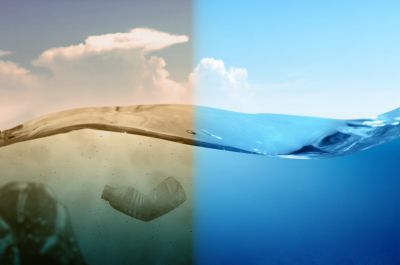
The SELWA (SELf-cleaning ceramic membranes for Water and Agro-food by-products processing) project aims to contribute to a technological breakthrough in the treatment of agri-food water and/or wastewater. The goal is the development of new porous ceramic structures based on innovative materials and construction strategies including piezoelectric and antifouling properties to be applied as membranes for microfiltration. The improvement of the antifouling properties will be achieved by optimizing the architecture and exploiting the piezoelectric effect, i.e., the possibility of vibrating the membranes by applying an alternate electric field. Ceramic membrane structures based on piezoelectric materials can generate ultrasound from the material itself during filtration to prevent material deposits. This will be achieved by ensuring non-toxicity, high piezoelectric performance, resistance against corrosive environments, selectivity and long-term productivity with a high feed concentration. The challenges will be addressed following an interdisciplinary approach structured in three stages:
- the design of membrane architectures and their manufacturing processes to produce lead-free piezoelectric materials and membranes with engineered microstructures tailored for microfiltration;
- the testing of ceramic membranes in relevant environments to study their performance in terms of productivity, selectivity and fouling index at different working configurations (e.g. type of power supply and amplitude and frequency of the applied voltage);
- the study of the effect of anisotropy and porosity morphology on the piezoelectric properties of the chemical-physical phenomena involved influencing membrane performance.
These goals require innovative material manufacturing processes and dedicated testing on a prototype system. The consortium consists of two groups (CNR and PoliMi) coordinated by young researchers (Dr. Pietro Galizia and Prof. Davide Mombelli), supported by more experienced colleagues with expertise in innovative ceramic processes and 3D printing, membrane technology, microstructural, mechanical and piezoelectric characterization and with a consolidated international reputation. The Mechanical Department is involved as a technical-scientific partner of the project with regard to the use of Binder Jetting additive technology for the production of the aforementioned self-cleaning membranes. The project is structured over two years and is funded by the PRIN2022 call.
